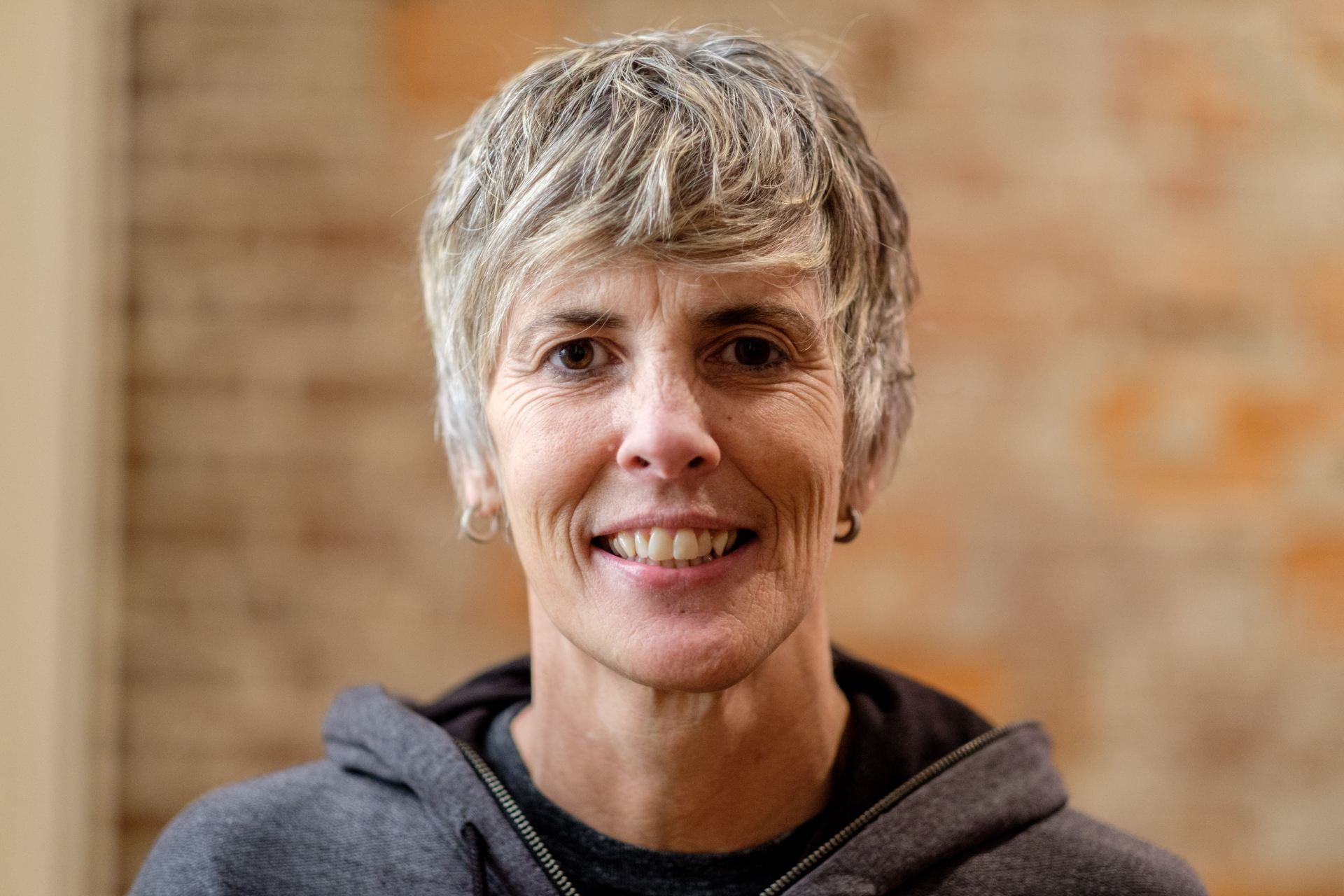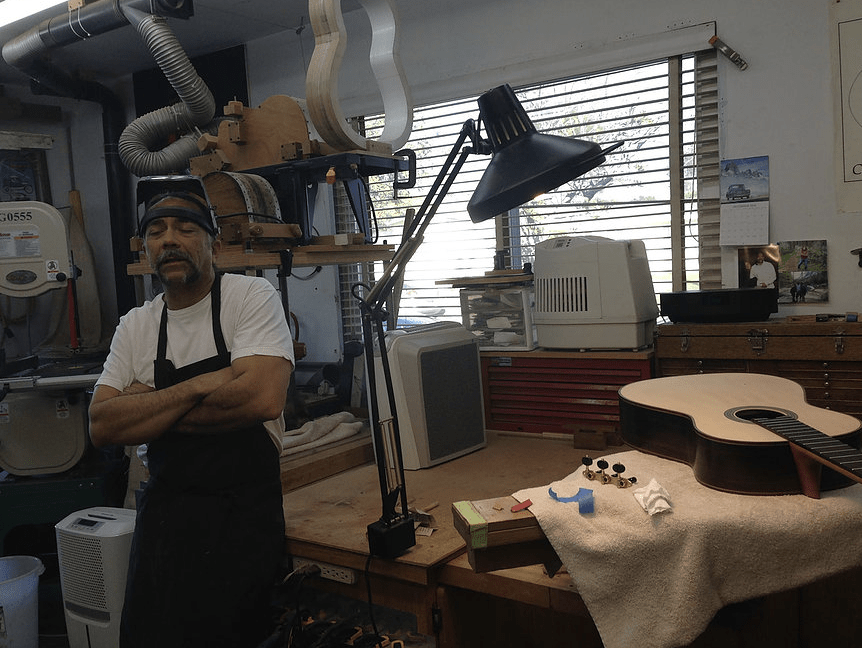“HOW WE TREAT CITIZENS WHO MAKE MISTAKES, PAY THEIR DEBT TO SOCIETY, AND DESERVE A SECOND CHANCE REFLECTS WHO WE ARE AS A PEOPLE AND REVEALS A LOT ABOUT OUR CHARACTER AND COMMITMENT TO OUR FOUNDING PRINCIPLES.”
-PRESIDENT BARACK OBAMA
Can people change?



Disagreement about this basic question makes it difficult to find support for prison reform and rehabilitation programs. Why should we put taxpayer money toward educating or rehabilitating criminals, critics ask.
It’s common knowledge that the U.S. incarcerates citizens at a rate four times higher than other Western nations. Politicians on both sides of the aisle, from Former President Obama to Jared Kushner, have called for reform. During his presidency, President Obama reinstated Pell Grants for prisoners and commuted the sentences of more than 1,927 nonviolent offenders. The First Step Act later brought changes at the federal level, but only six percent of prisoners are in federal facilities. The majority of those incarcerated will eventually be released. They should be leaving prison better prepared to be productive members of society than when they entered.
So how do you change people’s minds? How can you help them see ex-offenders as human beings with enormous potential, too much potential to waste?
It is by telling individual stories, like the ones on this website. The men and women we interview here have fought uphill battles to make amends for their mistakes and to build new lives that contribute to their communities. But we will let them tell you themselves.